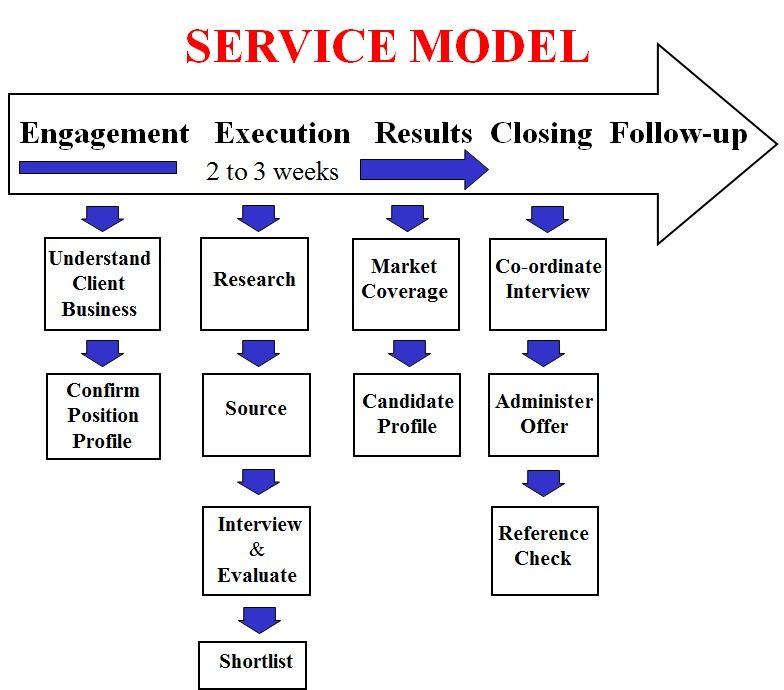Excerpts of interview with PWC Chairman
When Dennis Nally started at PricewaterhouseCoopers LLP 37 years ago, the business was simpler, says the chairman of the accounting and management-consultancy. Back then nearly 80% of firm revenue stemmed from PWC audit work in the U.S.
Today, the company has 175,000 employees operating in 154 countries. And about half of PwC's global revenues derive from tax and advisory work, which includes consulting on operations, human resources and M&A, among other things.
About 18% of the firm's revenue comes from work for clients in developing markets in Asia, the Middle East, South America and Africa. Over the next five years, the company expects this to grow to 40%, as its clients become increasingly focused on emerging markets.
Recruiting and hiring, particularly in those markets, is the biggest challenge the firm and its clients are facing, says Mr. Nally. As evidence, he quotes from PwC's annual global CEO survey, released in April, in which more than 90% of the business leaders surveyed said that they are focused on making significant changes to their human-resource policies in the next 12 to 18 months.
The Wall Street Journal spoke with Mr. Nally in London where he talked about hiring and the importance of keeping the so-called millennial generation happy. Edited excerpts:
WSJ: How do you define talent?
Mr. Nally: Having the technical skills is important but that's almost a given these days. [Talent is also] having the right softer skills in terms of being [able] to work in a collaborative environment, teaming with people, good communication skills, good sensitivities to cultural diversity.
WSJ: What's the biggest challenge for companies when trying to recruit talented staff?
Mr. Nally: The competition for talent in the emerging markets has never been greater and that's placing a lot of pressure on salaries. Having a competitive compensation base is really important. It's [also] about how to create an environment where people want to be. This millennial generation is not just looking for a job, they're not just looking for salary and financial benefits, they're looking for skill development, they're looking for mobility, they're looking for opportunities to acquire different skills and to move quickly from one part of an organization to another. How you manage that sort of talent and how you deal with their expectations is very different from what's been done in the past.
So, clearly articulating your people strategy, what you can deliver and importantly what you expect in return is key. Connecting with your employees so they understand you can deliver the career they want is key.
WSJ:How do you go about creating that connectivity?
Mr. Nally:The human capital agenda has to be driven by the CEO. It's so strategic today that you want to have great support coming from the HR organization, but if this isn't viewed as just as strategic as new products and services or research and development, [it] won't be successful.
WSJ: Why is this thirst for talent more evident now than before?
Mr. Nally: The opportunities are so significant, coming from all different directions in all parts of the world that the demand for talent is at an all-time high. In today's global competitive workplace, you can't think just in the context of your own territory.
WSJ: What sort of policies will companies need to put in place?
Mr. Nally: The millennium generation is probably the most technological group of people ever joining the workforce. How they want to work, use social media and team within a company is very different than the prior generation. If your human policies aren't responsive to what they are looking for, they are going to go to a company that is. They want less-hierarchical structures, they want more flexibility, they want to work as hard but they want to define how they do their work. If you can't figure out a way to accommodate that kind of flexibility, you're not going to be able to retain that talent.
WSJ: What [is PwC] doing to attract and retain talent?
Mr. Nally: We have adapted both how we recruit and how we work with people once they join us to suit the millennial generation. For example, in the U.S. we have set up a LinkedIn application that allows students to track the career paths of existing graduate trainees already in the firm so a student can see how a career with PwC develops. In the U.K., we use a Facebook application to connect recruits together before they join so they can begin to build their own PwC community.
We also provide mentors for our people from day one both formally and informally and encourage people to actively use their mentors to build skills and experience. We understand that flexibility and the ability to gather useful experience are key, as a result we actively encourage our people to move both between different business areas and around the world to gain experience. We also provide career breaks, flexible working, cycles of experience outside PwC and we actively encourage volunteering.
For full article, click below.
http://online.wsj.com/article/SB10001424052702303365804576434223787503598.html
Moderator
PHR
PHR is your KEY to global talent. We search the world for the best professionals for you.

Global Executive Search Company
PHR International Executive Search provide our clients with a smooth and seamless executive search service around the world. We are a member of the NPA Worldwide Recruiting Network. Our executive search expertise and coverage include the world.
We have experience in countries around the world like Australia, China, India, Indonesia, Japan, Korea, Malaysia, Middle East, Philippines, Singapore, Taiwan, Thailand, United Kingdom, United States, Europe and Vietnam.

PHR International Executive Search is an international executive search corporation with offices in the Asia Pacific region and around the globe. The PHR International Executive Search Practice is broad-based in nature due to many years of extensive search experience accumulated across diverse industry sectors over the past ten (10) years.
Our Group operate with the highest integrity and display the highest ethical business behavior when interacting with our clients, candidates, suppliers, employees and governments.
PHR take pride in delivering a positive, consistent and unique experience to all stakeholders.
Our Group has a strong track record and in-depth knowledge of the regional markets.
PHR International Executive Search's clients include both Asian and Western multi-national corporations, as well as government-linked corporations (GLCs). Over the years, the Group has established an extensive regional network of leading executive search operations in Asia and around the globe.
We offer unrivalled comprehensive experience and expertise to our clients in a broad range of industries, functions and geography. We understand our clients' competitive landscapes, business strategies and operations.
More importantly, our comprehensive network provides us the access to exceptionally qualified executives around the globe.



No search is completed until the very best candidates have been identified, interviewed and presented. This is generally the result of a painstaking custom search activity.
Often, the best people are comfortably employed and their resumes are not in circulation. We identify these high caliber people in the region and present them to you, our clients, for your consideration.
Our Valued Clients

To discover more about our extensive executive search service, please feel free to contact us:
Stanley Tan,
MBA
M: 65-9430-9168 W:
Head/President
PHR International Executive Search
17, Upper Circular Road, #03-00, Singapore 079314
65-65-334-331; “ (opp Clarke Quay MRT)
T:
F:
65-65-338-355
Wednesday, August 31, 2011
Subscribe to:
Post Comments (Atom)
RECRUITMENT - Yahoo! News Search Results
HAPPENINGS
Singapore - Latest Labour Market Highlights
(click to read)
Singapore - 3rd Most Competitive Economy In The World
According to the World Economic Forum's competitiveness ranking published recently, (click to read more)
http://www.channelnewsasia.com/stories/singaporebusinessnews/view/1080142/1/.html

No comments:
Post a Comment